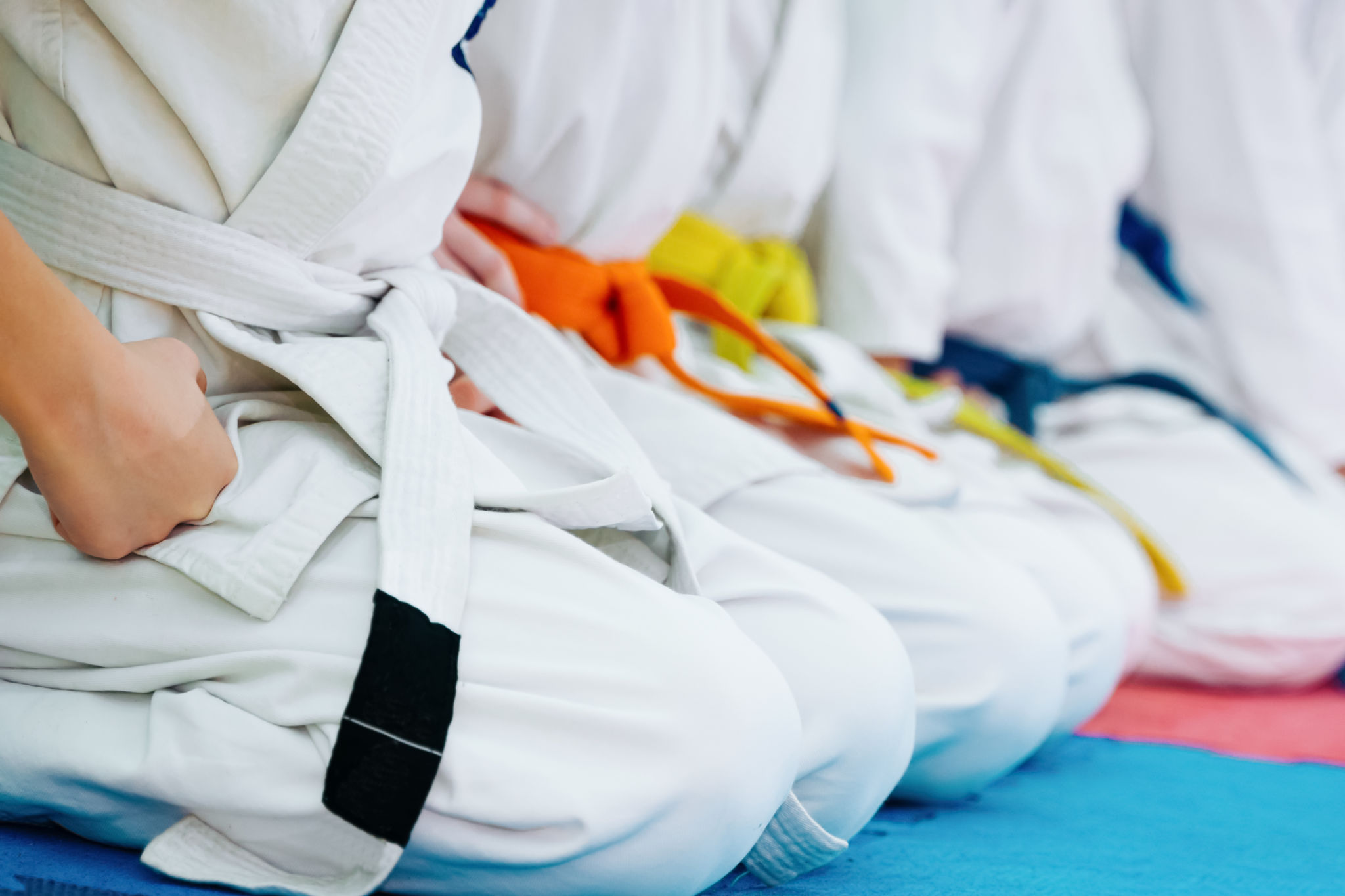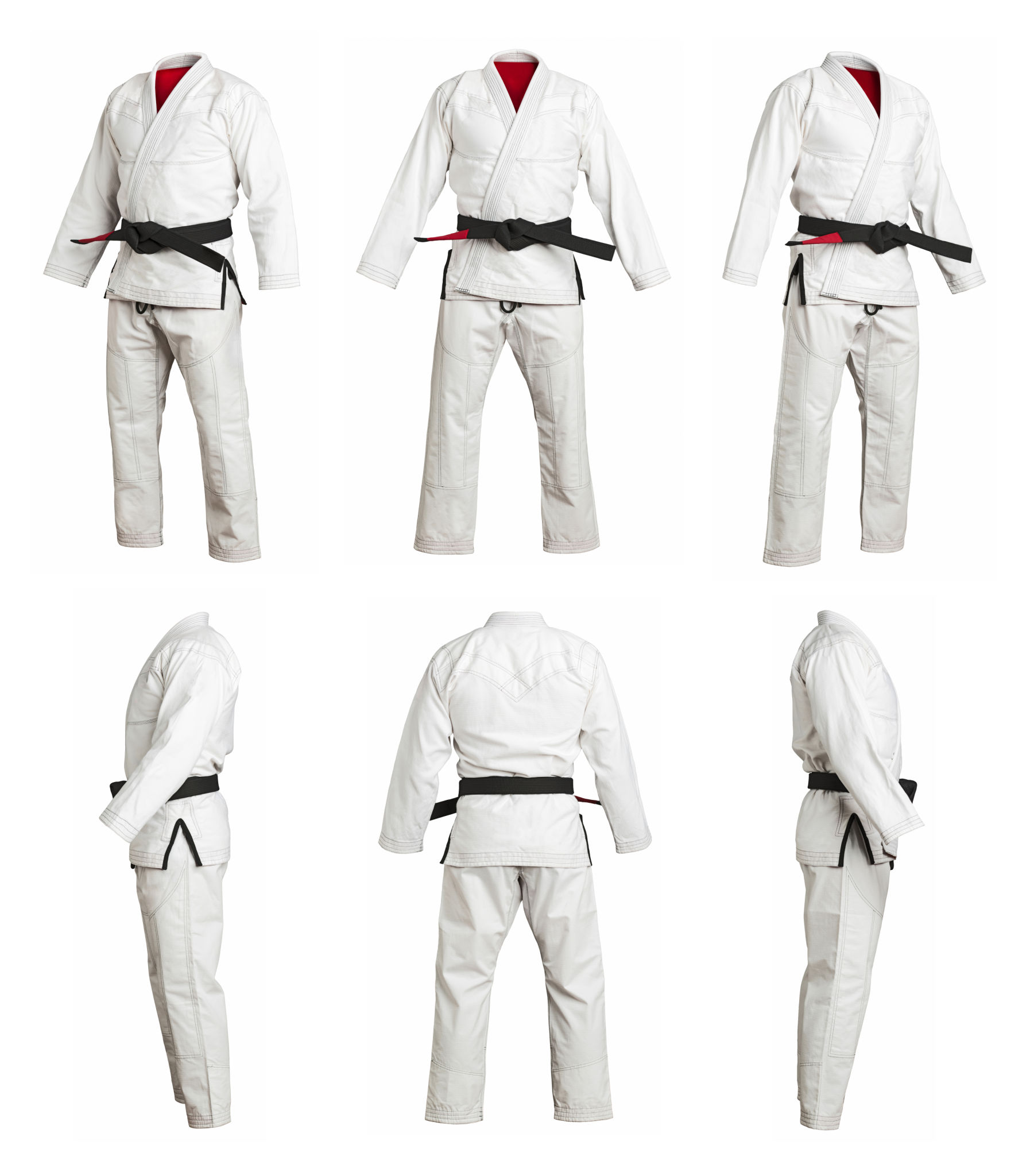Preparing for Your First Karate Class: What to Expect
Getting Started with Karate
Embarking on your journey into the world of karate can be both exhilarating and a bit intimidating. Whether you're joining to learn self-defense, improve fitness, or embrace a new hobby, knowing what to expect in your first class can help ease any nerves and set you up for success.

Understanding the Basics
Before attending your first class, it’s helpful to familiarize yourself with some basic karate terminology. Words like "dojo" (training place), "gi" (karate uniform), and "sensei" (teacher) will become part of your regular vocabulary. Understanding these terms will help you follow instructions more easily and feel more at ease in the dojo environment.
Additionally, it's important to know that karate is not just about physical strength but also about mental discipline. Classes typically begin with a bow, signifying respect for the dojo and fellow students. This practice sets the tone for mutual respect and focus throughout your training.
What to Wear
For your first class, wear comfortable clothing that allows for a full range of motion, such as athletic wear. Once you decide to continue with karate, you'll likely need to invest in a gi. The gi is designed for both comfort and durability as you perform various techniques and movements.

It's also advisable to bring a water bottle to stay hydrated, as karate can be a physically demanding activity.
Class Structure
Your initial karate class will likely start with a warm-up session. This may include stretches, jumping jacks, and other exercises designed to prepare your body for training. Warm-ups are essential in preventing injuries and ensuring that you are physically ready for the class activities.
Following the warm-up, you'll be introduced to basic stances, punches, and kicks. These foundational movements are crucial as they form the basis of more advanced techniques as you progress in your training.

Etiquette and Conduct
Karate places a strong emphasis on etiquette and discipline. Students are expected to show respect by bowing when entering or leaving the dojo and addressing instructors as "sensei." Maintaining a respectful attitude towards classmates is equally important, fostering a supportive learning environment.
Paying attention and listening carefully during instructions will not only help you learn faster but also ensure safety during practice.
Setting Goals
As you embark on this journey, it's beneficial to set personal goals. Whether it's achieving a certain belt level or mastering a particular technique, having clear objectives can keep you motivated. Remember that progress in karate is personal and unique to each individual; focus on your own improvement rather than comparing yourself to others.
With perseverance and dedication, your first karate class can be the start of a rewarding and lifelong pursuit of martial arts mastery.
